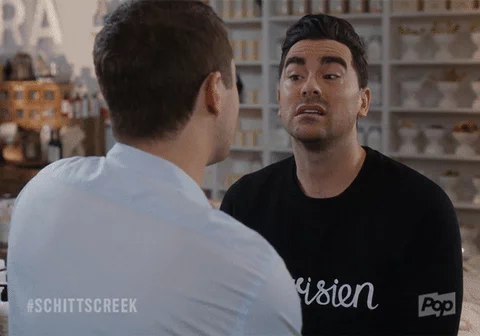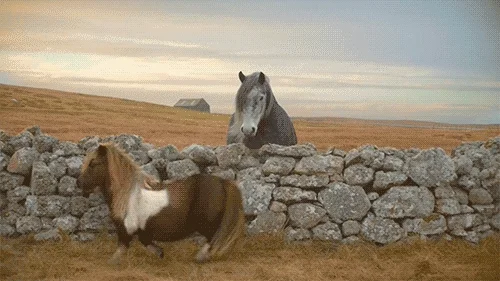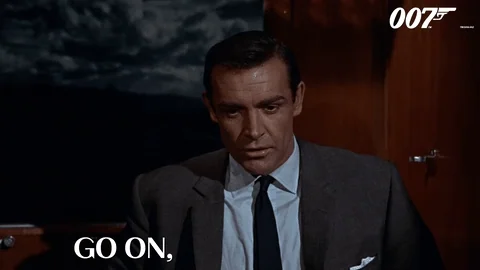Do you sometimes hear people use phrases like “go over” or “go under,” even when they’re not talking about something that’s above or below something else?
It can be confusing if you don’t know that these are terms called “phrasal verbs.” This means that they’re two words put together that don’t have the same meaning as the words on their own.
Learning the meaning of phrasal verbs in different situations — especially phrasal verbs with “go” — is a difficult but important part of learning conversational English!

Positive Situations
These phrasal verbs normally have positive meanings:
Go for: To choose something.
Go in on: When several people all pay for one thing and share it.
Go along with: To agree with something, especially when you didn't agree at first.
Compare these sentences:
More Basic
I've spent a lot of time thinking about what to order, but I think I'll choose the tacos.
The hotel room is expensive, but if we all pay for it together we can do it.
I hope you'll agree with my plan to paint the apartment.
More Natural
I've spent a lot of time thinking about what to order, but I think I'll go for the tacos.
The hotel room is expensive, but if we all go in on it we can do it.
I hope you'll go along with my plan to paint the apartment.
Using phrasal verbs like these can make you sound more interested and positive.

 Watch out! You have to use all the words in a phrasal verb for it to make sense. Saying you want to go in a hotel room (enter) instead of go in on a hotel room (share the cost of the room) means something completely different!
Watch out! You have to use all the words in a phrasal verb for it to make sense. Saying you want to go in a hotel room (enter) instead of go in on a hotel room (share the cost of the room) means something completely different!
Quiz
Complete this sentence: "If we want to finish the project on time, you should go ___ my suggestion."
Negative Situations
These phrasal verbs normally have negative meanings:
Go under: When a business fails and needs to close.
Go down: When something (especially negative) happens
Go through: To have a negative experience, especially for a long period of time
Compare these sentences:
Basic
Even though Blockbuster was a huge video store chain, they had to close all their stores after Netflix became popular.
Bad things can happen if you don't lock your doors when you leave for vacation.
I hope you understand why I haven't called you lately. I'm experiencing a lot of negative things right now.
More Natural
Even though Blockbuster was a huge video store chain, it went under after Netflix became popular.
Bad things can go down if you don't lock your doors when you leave for vacation.
I hope you understand why I haven't called you lately. I'm going through a lot right now.
Using these phrasal verbs can help you explain negative situations.

Quiz
Complete this sentence: "He remains very positive despite all he is going _____ right now."
Neutral Situations
These phrasal verbs can be used in any situation:
Go over: The way people think of something.
Go into: To explain something in detail.
Go by: To use a nickname, or a name other than your birth name.
Compare these sentences:
Basic
I was worried about what people would think about my presentation, but everyone loved it.
I don't want to explain details but I had a great weekend.
My name is Thaddeus, but everyone calls me Ted.
More Natural
I was worried about how my presentation would go over, but everyone loved it.
I don't want to go into details, but I had a great weekend.
My name is Thaddeus, but I go by Ted.
Use these phrasal verbs in any situation where you want to sound more natural and casual.

Quiz
Complete this sentece: "We won't go ___ the contract now. That can be discussed later."
Take Action
Try to start using these phrasal verbs in your day-to-day life!

Your feedback matters to us.
This Byte helped me better understand the topic.
